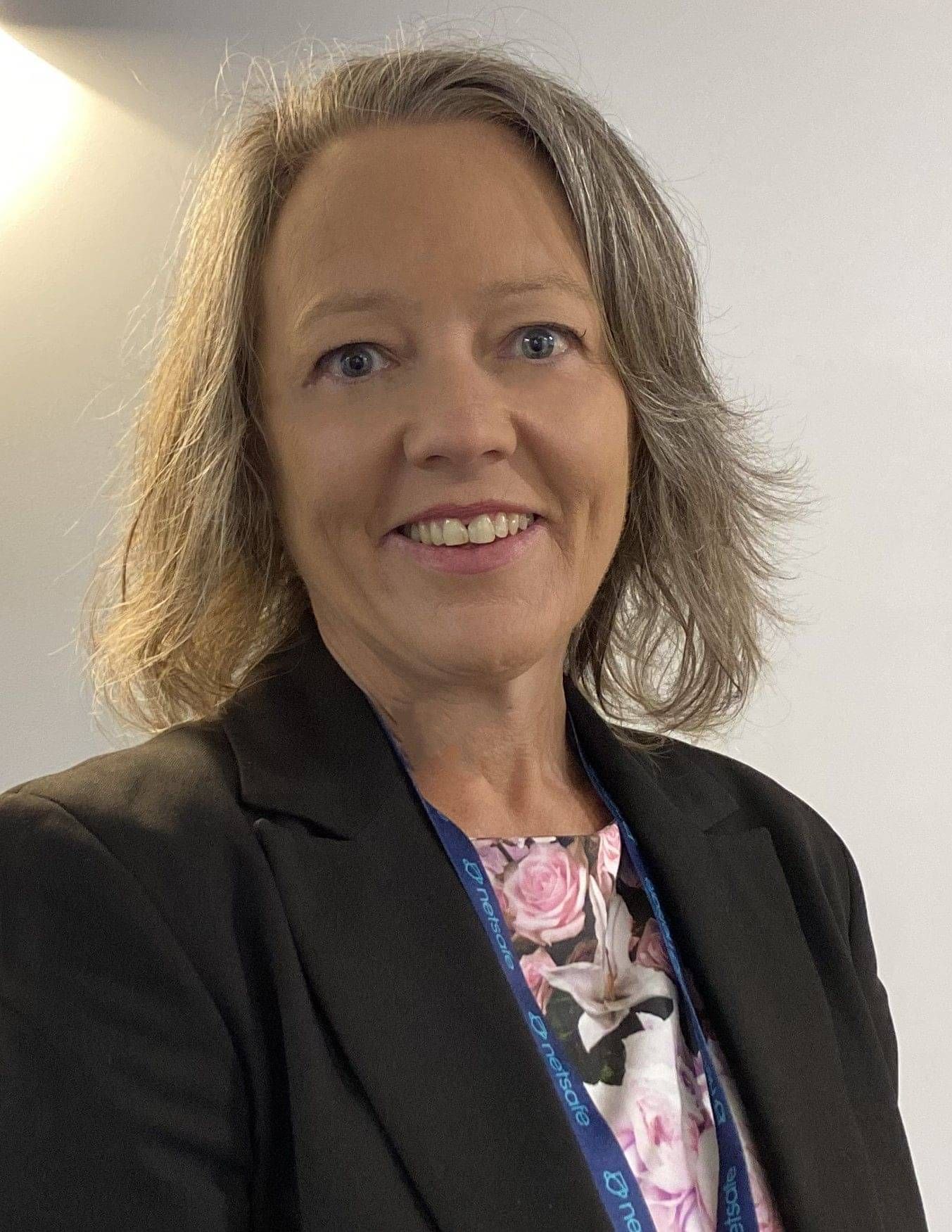
Friday December 12th, 2025 - Andrea Leask - Deputy CEO Netsafe - Get set up for safety
Andrea is Netsafe's Deputy CEO and Chief Digital Harms Officer. Andrea and her team provide New Zealand's primary response service to individuals and communities impacted by online harms. They also provide education, support and advice to prevent and deter online harm.
Netsafe is New Zealand's independent, non-profit online safety organization dedicated to helping individuals navigate the digital world safely. Established in 1998, Netsafe has been at the forefront of providing free support, advice, and education to people of all ages across the country. Netsafe collaborates with government agencies, law enforcement, industry partners, academics, and community organizations to promote safe and positive online experiences. Netsafe's services include assisting individuals facing online abuse, scams, or other digital challenges, and offering guidance on a wide range of online safety topics.
Andrea has led transformational initiatives that enhance protections for individuals and communities. From developing and implementing national frameworks to managing high-stakes relationships with government, law enforcement, and global technology firms, Andrea has been instrumental in shaping policy, and industry best practices to reduce digital harm at a systemic level.
A driving force for change, Andrea has successfully influenced regulatory reform, multi-sector collaboration, and cross-border policy initiatives, ensuring that online safety remains a priority in an increasingly complex digital world. Her ability to translate insights into action has led to the development of proactive strategies, crisis response protocols, and victim-centered interventions, helping to minimize harm while empowering individuals and organizations with the tools to navigate online risks.
Balancing strategic leadership, financial stewardship, and operational execution, Andrea ensures that Netsafe remains agile and resilient in the face of evolving threats.
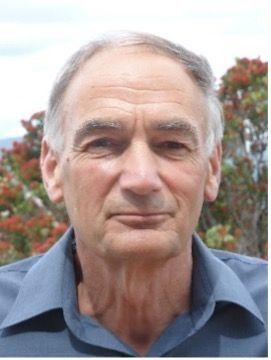
Friday November 14th, 2025 - Dr Adrian Macey - New Zealand as a small state – how do we deal with the big ones?
Further information from Adrian's lecture:
Finland President Alexander Stubb Video https://www.youtube.com/watch?v=NLzUhjf7XQU
https://www.beehive.govt.nz/release/new-zealand-and-india-broad-based-enduring-partnership
Adrian Macey is an Adjunct Professor, New Zealand Climate Change Research Institute (School of Geography and Earth Sciences), Te Herenga Waka Victoria University of Wellington. He is also a fellow of the Institute of Advanced Studies, Nantes, France, where he was resident in 2019.
He previously served in various positions in the New Zealand Ministry of Foreign Affairs and Trade, in New Zealand, France, Samoa (responsible for Tokelau) and Switzerland. His roles have included Chief Trade Negotiator, ambassador to Thailand and to France, permanent representative to the OECD, and New Zealand’s first climate change ambassador. He was vice-chair, then chair of the United Nations Kyoto Protocol climate change negotiations in 2010-2011.
He has served on a number of GATT and WTO dispute settlement panels, most recently as Chair in a dispute between the European Union and China involving intellectual property.
His research interests include climate change policy, the science-policy connections, international governance, and trade.
******************************************
Title of talk
New Zealand as a small state – how do we deal with the big ones?
One often hears the comment that New Zealand ‘punches above its weight’. This suggest that New Zealand manages to have an influence in the world out of proportion to its size. But is this really so? And to the extent that it may be true, how do we do it?
How we deal with countries which dwarf us in importance is a key to defending our own interests in the world. The talk will focus on New Zealand ’s relations with China, the United States and Europe, both bilaterally (country to country issues like trade) , regionally in the South Pacific, and on the international stage, over global issues like climate change.
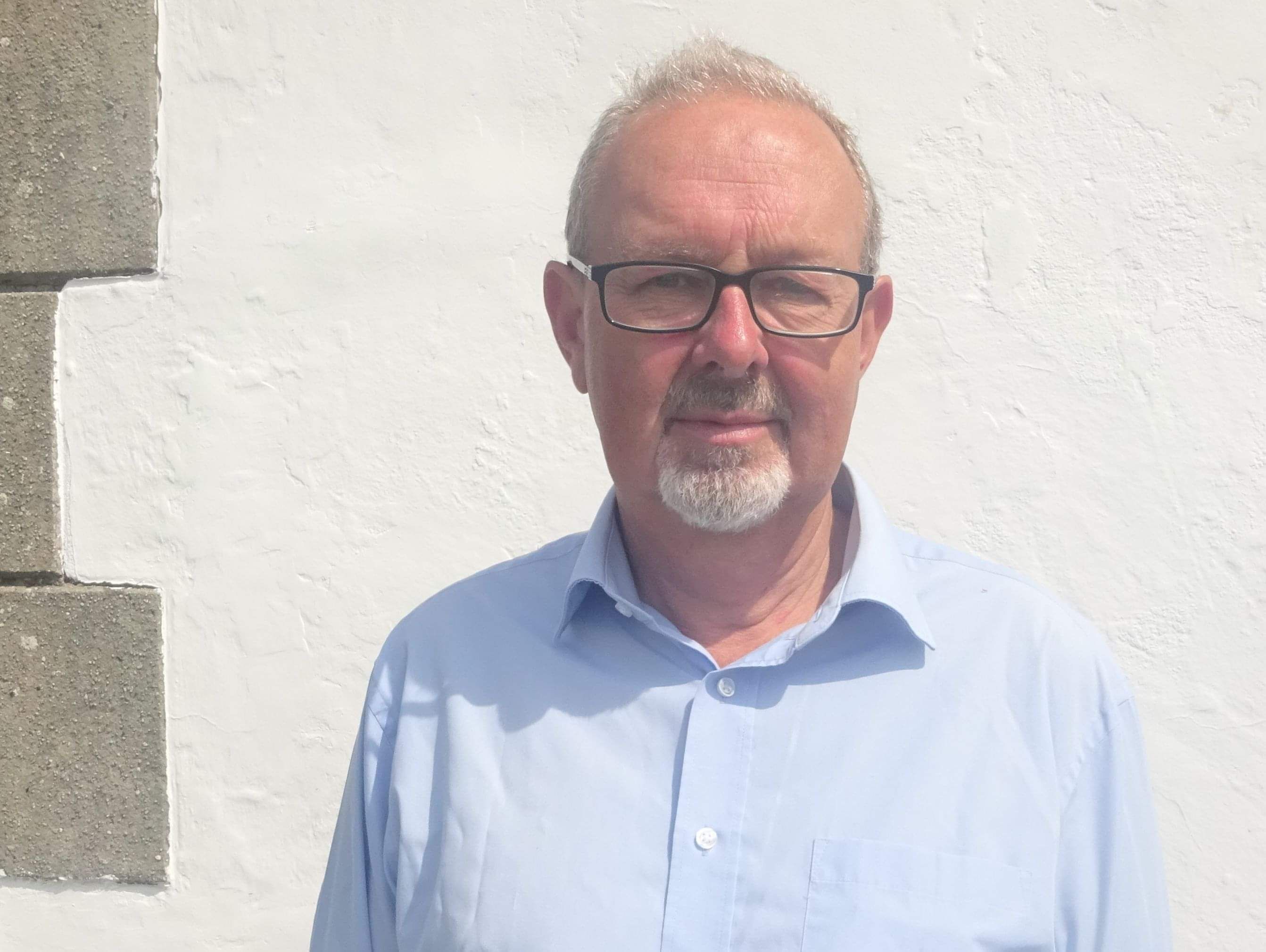
Friday October 10th, 2025 - Simon Keable-Elliott - Utterly immoral, WW1 chaplain Robert Keable and his scandalous novel
After 25 years as a Politics teacher Simon now works as a writer and lecturer living in London, UK. He has written for The Journal of the Society for Army Historical Research, The Church Times, The History News Network and Genealogy Today and published his first book, Utterly Immoral last year.
He is an accredited lecturer for the Arts Society and also a regular speaker at events run by the Western Front Association, U3As and Family History Societies. Simon is Robert Keable’s grandson.
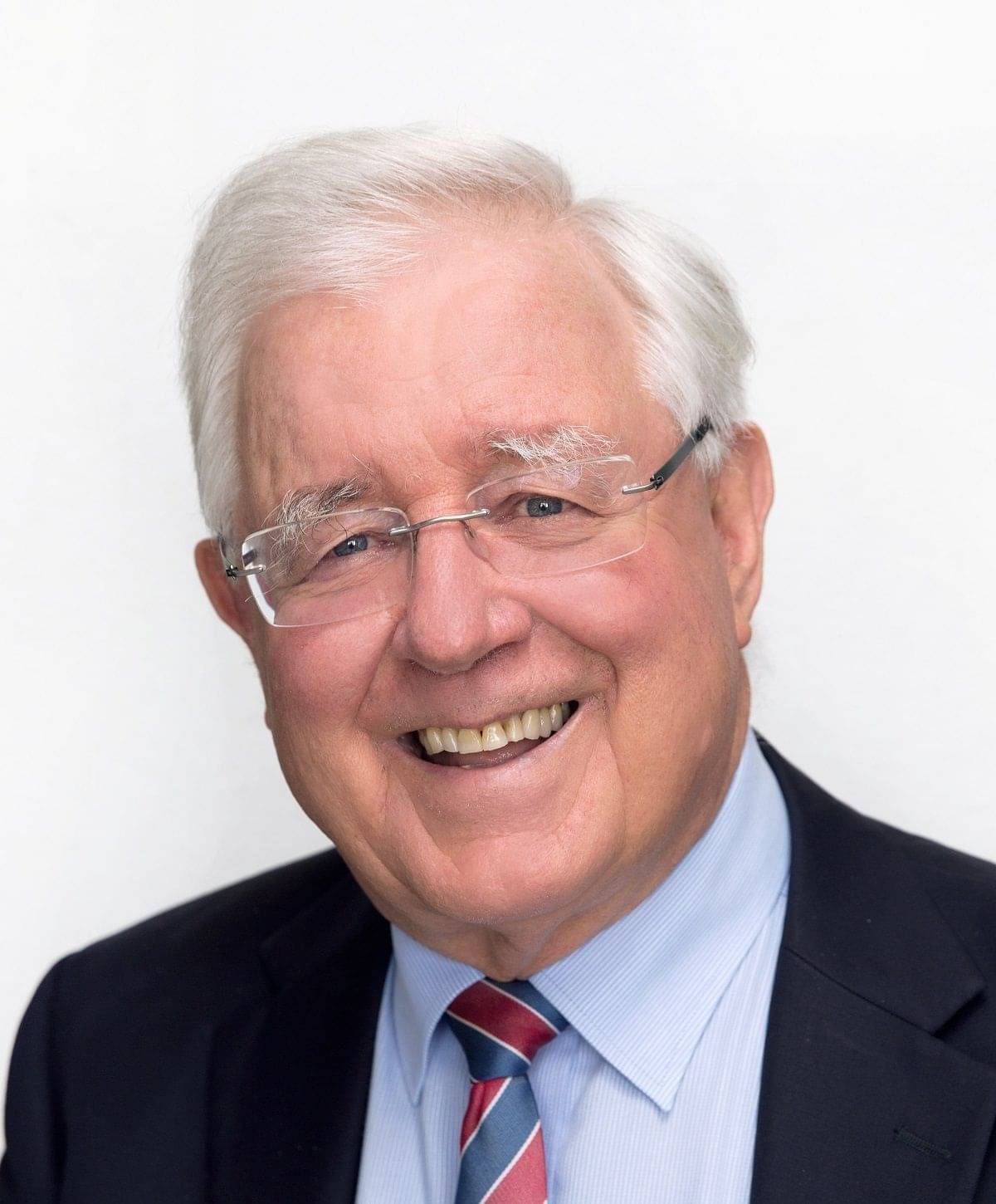
Friday September 26th - Sir Richard Faull - The marvels of the human brain and the challenges of Alzheimers and the Ageing brain
Sir Richard FAULL KNZM, BMedSc, MB, ChB, PhD, DSc, FRSNZ
Sir Richard Faull (Te Āti Awa, Ngāti Rāhiri) is a Distinguished Professor and Director of the Centre for Brain Research at the University of Auckland.
During his 46 years at the University he has established an international reputation for his research studies on the normal and diseased human brain (Alzheimer’s, Huntington’s, Parkinson’s and epilepsy) and has established an international leading Human Brain Bank with the generous support of families to promote worldwide research on human brain diseases. His research group has revolutionised our knowledge on the human brain by showing that, contrary to dogma, stem cells are still present in the adult human brain and have the potential to make new brain cells and repair the brain throughout life.
His contributions to research on the human brain have been recognized by appointment as a Fellow of the Royal Society of New Zealand (1998) and he was awarded: the Liley Medal by the Health Research Council of New Zealand in 2005; New Zealand’s highest scientific award, the Rutherford Medal, in 2007 by the Royal Society of New Zealand for outstanding contributions in science; and, received the Supreme Award in the 2010 World Class New Zealand Awards.
In 2012 he was appointed Distinguished Professor at the University of Auckland and awarded a knighthood by the Queen in 2017 for his contributions to brain research.
In the 2023 international ranking of neuroscientists he is ranked #1 in New Zealand #347 in the world https://research.com/
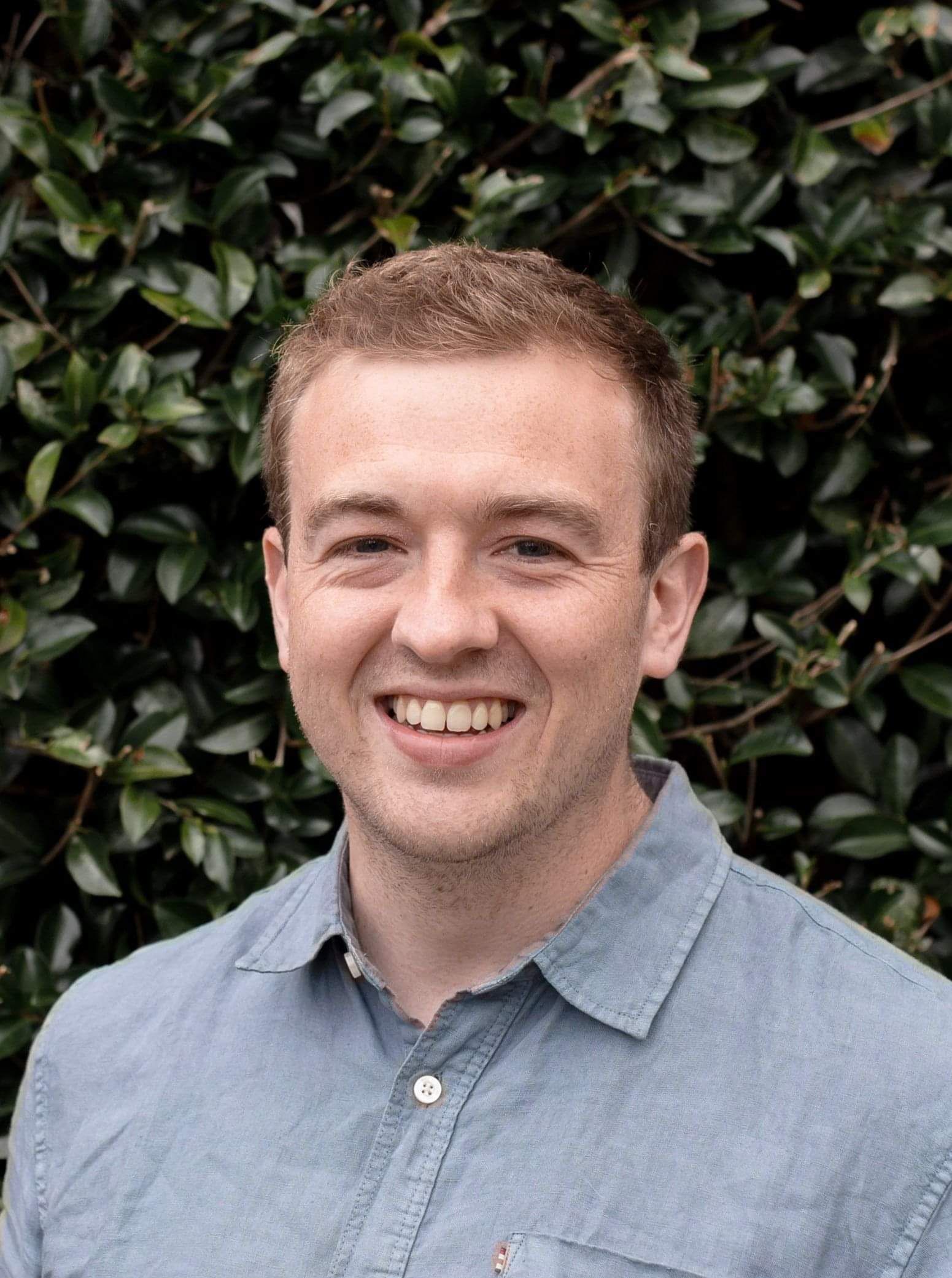
Friday September 15th, 2025 - Dr Luke Harrington - How extreme weather will respond to a warming world in Aotearoa
Dr Luke Harrington is a Senior Lecturer in Climate Change at the University of Waikato and leads the Climate Extremes and Societal Impacts (CLESI) research group. His team uses state-of-the-art climate models to understand how climate change influences observed extreme weather events around the world, with a focus on why some communities experience more significant changes than others. Work led by Harrington was the first to quantify the attributable role of climate change for the 2012/13 NZ drought, the extreme rainfall associated with Cyclone Gabrielle, as well as several studies focusing on extreme heat in NZ and globally.
In its 2022 edition, Harrington was the first New Zealander to feature in the ‘Healthcare and Science’ section of Forbes top 30 under 30 Asia. He was a lead author on a 2021 OECD report examining losses and damages from climate change.
He was also the 2023 recipient of the New Zealand Meteorological Society's Kidson Medal and Winner of the Emerging Scientist Award at the 2023 KuDos Awards.
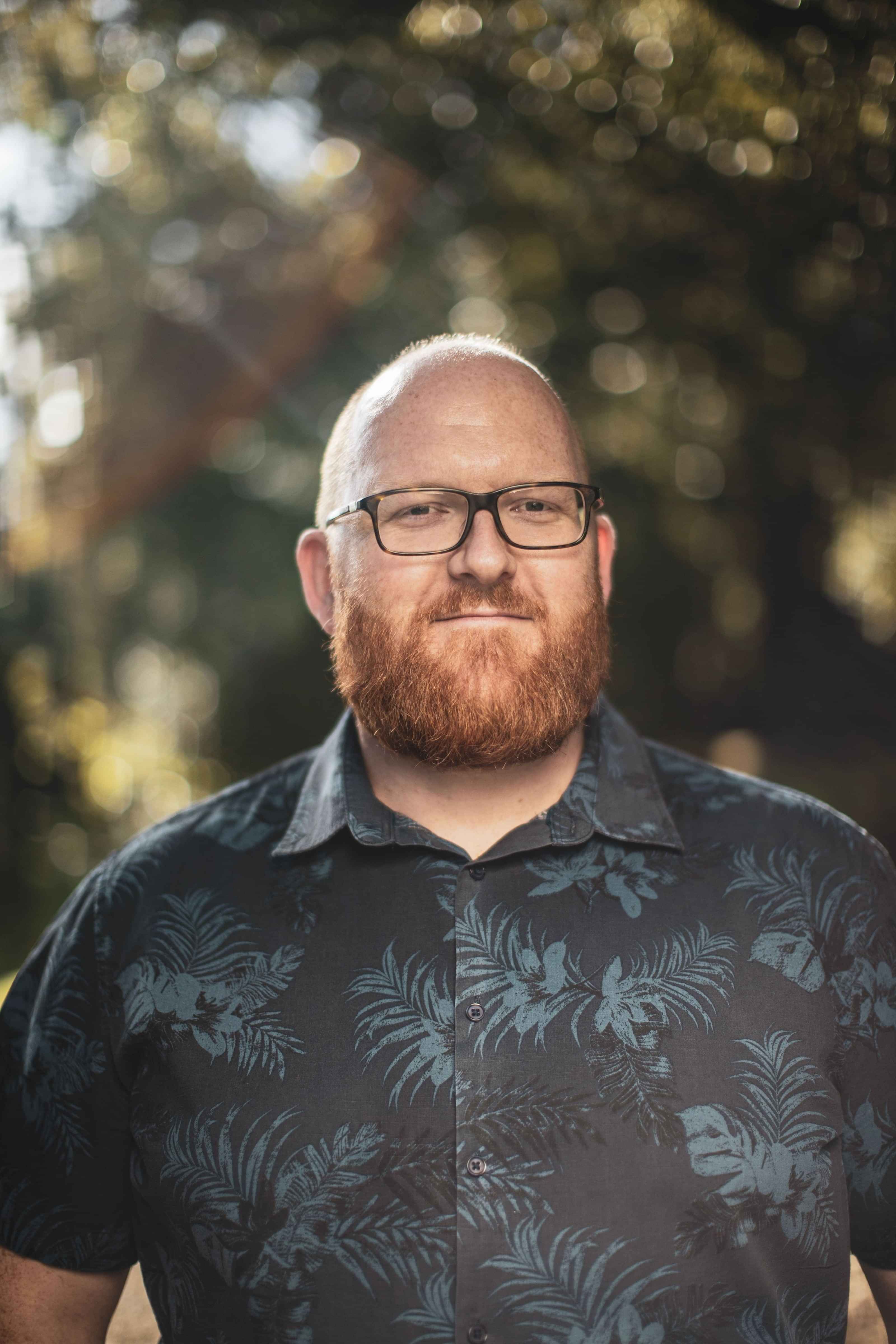
Friday August 22nd, 2025 - SPECIAL PARTNERSHIP HISTORY LECTURE - Craig Hoyle - Excommunicated: Two centuries of complicated family history
Craig Hoyle was born in Kirikiriroa Hamilton into the Exclusive Brethren, an isolationist sect that shuns social contact with the outside world. After facing interrogations and conversion therapy for his sexuality, Craig was excommunicated from the Brethren and lost his family in 2009.
Today he is chief news director for the Sunday Star-Times. His book, Excommunicated, is a multigenerational memoir tracing 200 years of his family’s history, using letters, records and interviews to explore how his forebears became associated with the Brethren movement, and the subsequent impact over seven generations. Craig lives in Tāmaki Makaurau Auckland.
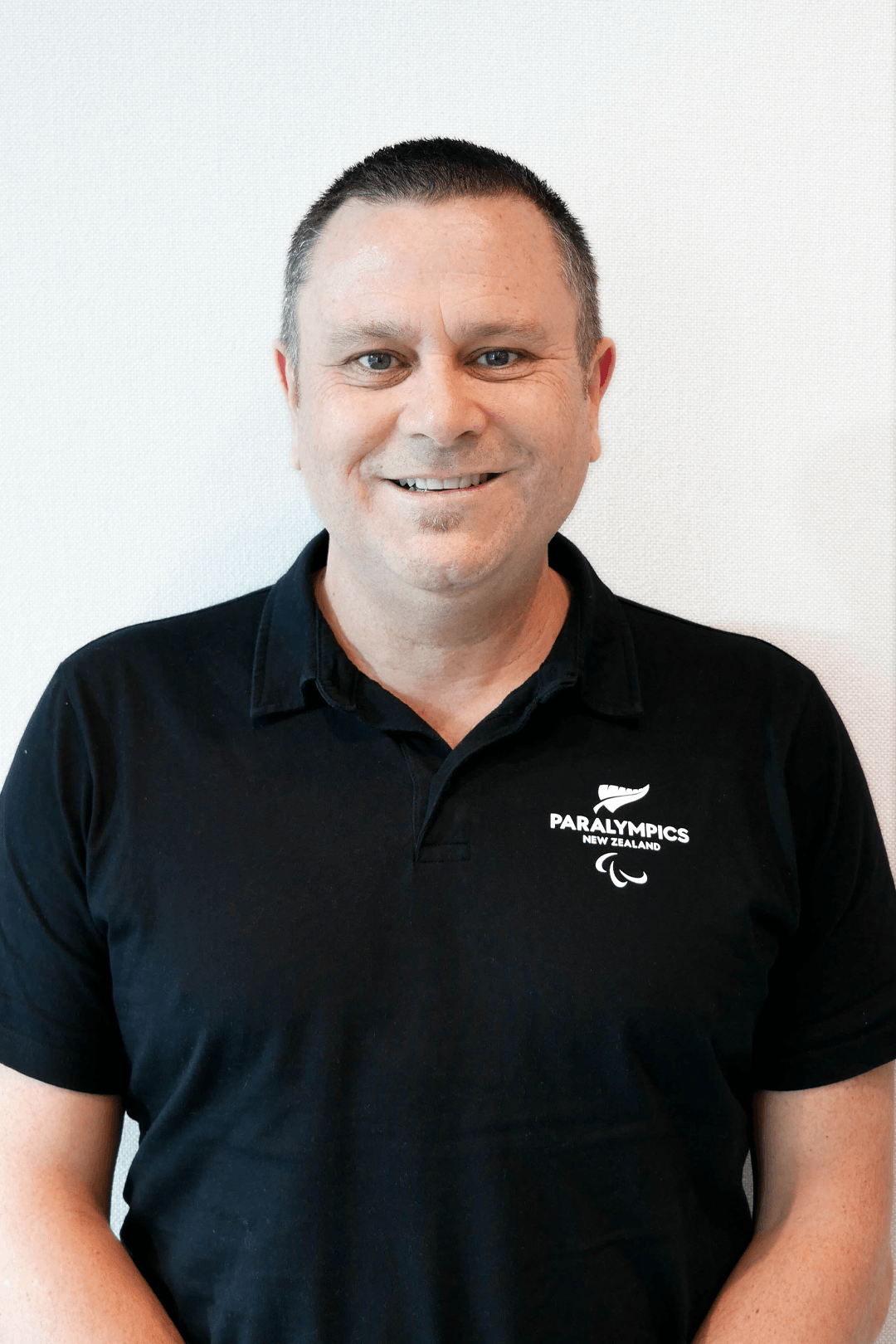
Friday August 8th, 2025 - Greg Warnecke - CEO Paralympics New Zealand - Disability - #SomethingToTalkAbout
As Chief Executive Officer and Secretary General, Greg is responsible for leading Paralympics New Zealand, working in conjunction with the Board, our key Partners, Stakeholders and the wider PNZ Team, to the achievement of the organisation’s strategic objectives and vision, that through Para sport, lives will be transformed.
Roles in sport and global events have been a key part of Greg’s career. These are complemented by a passion for disability sport, volunteering, and governance. Early roles in professional basketball and University sport led to executive roles delivering large-scale global sport events. Greg was part of the team which delivered the Commonwealth Games in Melbourne and Glasgow, the World Masters Games 2017 in New Zealand, an Aquatics World Championships, and ICC Cricket World Cup and Cricket World Test Championship Final events.
Greg will share insights from Paralympics New Zealand’s first social change marketing campaign, which showcased the NZ Paralympic Team and New Zealand’s Paralympians competing at the Paris 2024 Paralympic Games. And include some of the other experiences along the journey in delivering global sport events.
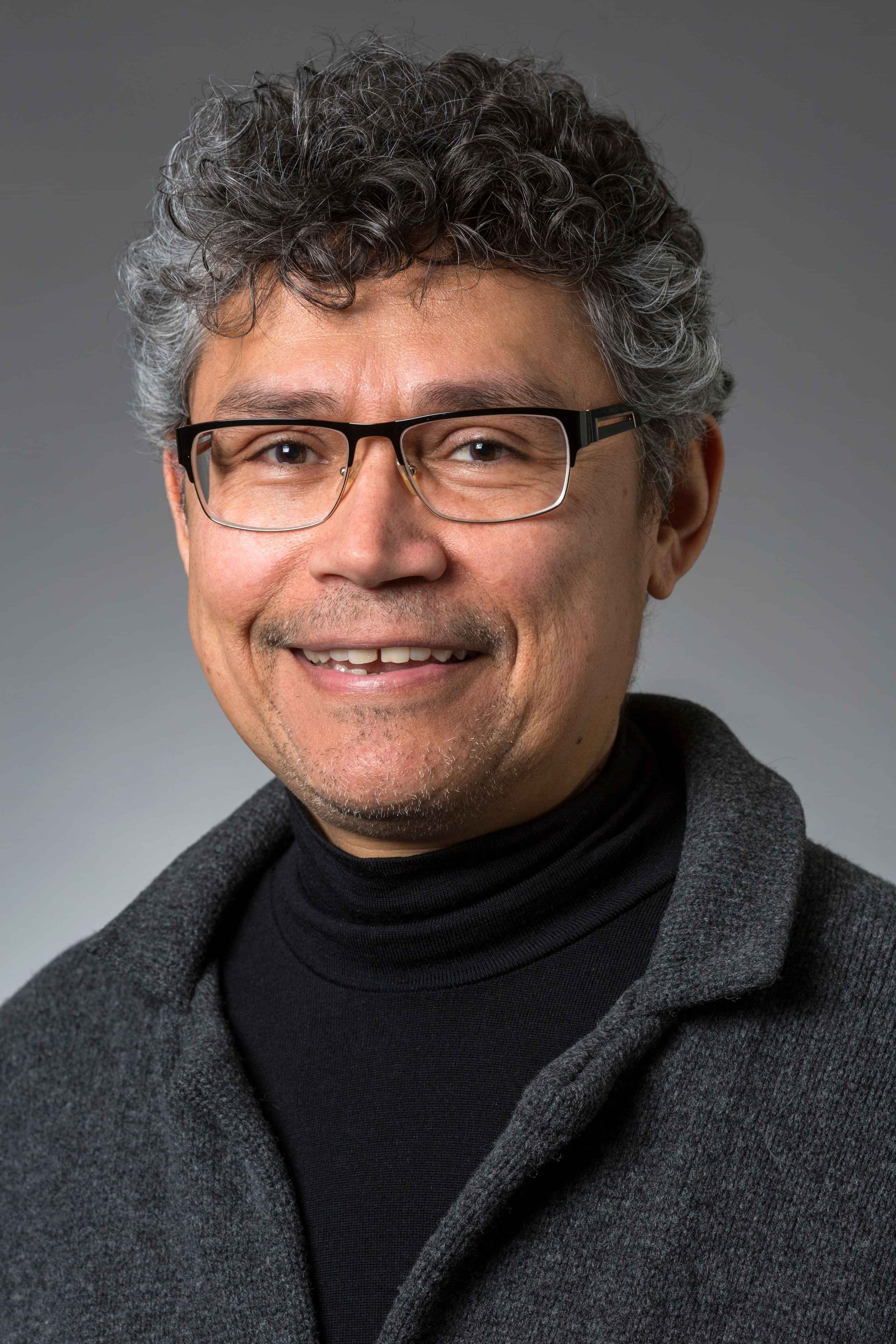
Friday July 11th, 2025 - Dr Vladimir Pacheco - Displacement, Trauma and Identity: a migrant's journey from fear to resilience.
Vladimir Pacheco is currently Associate Professor at the School of Culture and Society, Aarhus University, Denmark. His current research interests include socio-economic impacts and governance of non-renewable resource extraction in the Arctic, Latin America and the South Pacific. Previous to this position Vladimir held senior roles in Australia with the Foundation for Development Cooperation, the Centre for Social Responsibility in Mining and consulting firm WorleyParsons.
His latest publication is a chapter in a book titled “Ideology, Post-ideology and Anti-Ideology in Latin America” published by Bloomsbury Academic.
Talk background
In 2021, there were approximately 25 million refugees and 50 million internally displaced people (IDPs) in the world. Conflict, disasters and economic development are the main reasons for these forced movements with no signs of abatement.
At the same time, aspirations for the inclusion of displaced peoples are declining in many parts of the world, as exemplified by the rise of ultranationalist and/or populist politics. The accompanying xenophobic rhetoric portrays vulnerable migrants and internally displaced peoples as dangerous “others” undeserving of citizenship or any rights. From this perspective, very little is said about the traumas refugees have experienced.
Using a combination of publicly available information and biographical material, this talk aims to raise the issue of citizenship for vulnerable people in times of adversity and to raise the debate for building an inclusive, diverse and cosmopolitan society that allows for the understanding of differences, as well as the construction of personal identities that can resolve trauma by reconstructing the immigrant role in the host society. The talk will be given by Dr. Vladimir Pacheco Cueva, who became a refugee after fleeing El Salvador in 1981. He will talk about how his experiences mirror the larger humanitarian trends of the last 40 years.
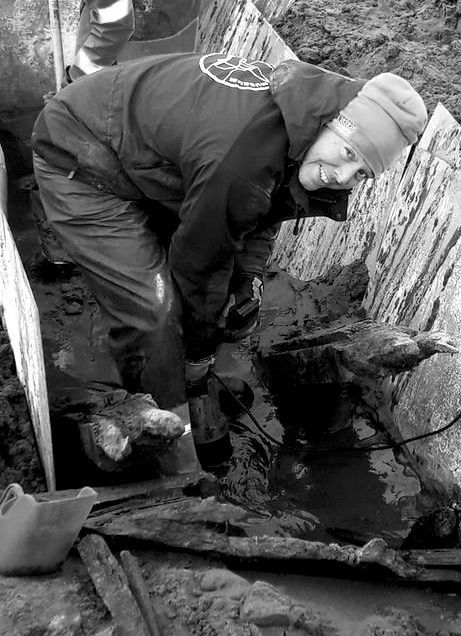
Friday May 23rd, 2025 - - SPECIAL PARTNERSHIP HISTORY LECTURE -Matthew Gainsford -Marine Archaeology - HMS Buffalo Reinterpretation Project
Matthew is a maritime archaeologist who graduated from Auckland University (BA) and Flinders University, Adelaide (M. M. Arch). Since the early 2000s has worked in Australia (Western Australian Maritime Museum), Sweden (Kalmar Läns museum & Bohusläns museum) and New Zealand (W. Gumbley Ltd & Redox Cultural Heritage Services Ltd).
Together with his partner Matthew operates a small Cambridge based business (RedoxCHS) that undertakes archaeological work and conservation of materials nationwide.
Matthew works mainly within the commercial archaeological sector but has other research interests including fishing structures, NZ Mission Stations, HMS Buffalo, PS Kopu and maritime archaeology generally. He is also involved with community projects to increase awareness around maritime archaeology through public lectures, public training courses, school presentations and written media.
His major interests within maritime archaeology are public outreach, GIS mapping, remote sensing, site formation processes and in-situ preservation of archaeological sites.
This talk will be on the following:
In July 1840, whilst carrying a load of Kauri for ships spars, the British naval ship HMS Buffalo took shelter in Mercury Bay, Whitianga to weather out an incoming storm. When the storm hit, it was described as ‘hurricane strength’. Unfortunately, HMS was wrecked on Buffalo Beach, Whitianga, where it is still visible today. It rests, completely submerged, in around 3 metres of water and about 50 metres offshore at low tide. It is in an area where tides and prevailing easterly swells constantly expose and re-bury its hull remains. Since it was wrecked pre-1900 it is classed as an archaeological site under the HNZPT 2014 and has recently been nominated for the New Zealand Heritage list .
In 2020 a project was established to better research and understand the site and to disseminate as much information about it as possible. Working with the Mercury Bay Museum the project has undertaken research, an archaeological survey and sampling of the site; often using volunteer help from the community. The project also had a major goal, to increase awareness of maritime archaeology both locally and nationally through engagement with the Mercury Bay Museum, schools, and local and national agencies. The results from the project have provided a better understanding of the vessel and site whilst also providing new interpretation and learning experiences to the wider community.
In 2020, the Project was awarded the Australasian Institute for Maritime Archaeology Scholarship. The success of the Project and its achievements have been recognised with the 2022 New Zealand Archaeological Association Public Archaeology Award and the International Australasian Society for Historical Archaeology Martin Davies 2023 Award for best public archaeology initiative.
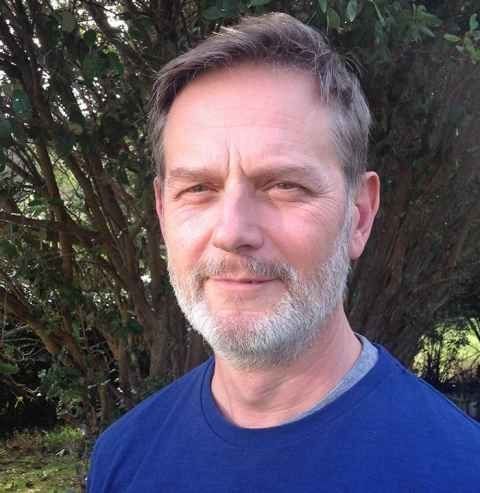
Friday May 9th, 2025 - Professor Neal Curtis - The Use of Comics in explaining complicated concepts in science and medicine
I am a comics scholar and critical theorist with wide-ranging interests. Outside of comics these include political theory, media theory and the philosophy of technology.
Auckland University positions: Professor Arts and Education, Humanities, New Zealand
Assoc Dean Postgrad ResearchArts and Education, Faculty of Arts and Education Administration, New Zealand
I have written five books: Against Autonomy, published by Ashage in 2001; War and Social Theory, published by Palgrave MacMillan in 2006; Idiotism: Capitalism and the Privatization of Life, published by Pluto Press in 2013; and Sovereignty and Superheroes, published by Manchester University Press in 2016; Hate in Precarious Times will be published by I.B. Tauris in 2021. I also edited The Pictorial Turn, published by Routledge in 2010. I am currently working on a new book project entitled Comics and Communication to be published by the University Press of Mississippi in 2025. I am also running a project with the Brain Research Centre and the charity Brain Tumour Support (funded by the Health Research Council) creating 8 comics about different aspects of brain tumour diagnosis and treatment.
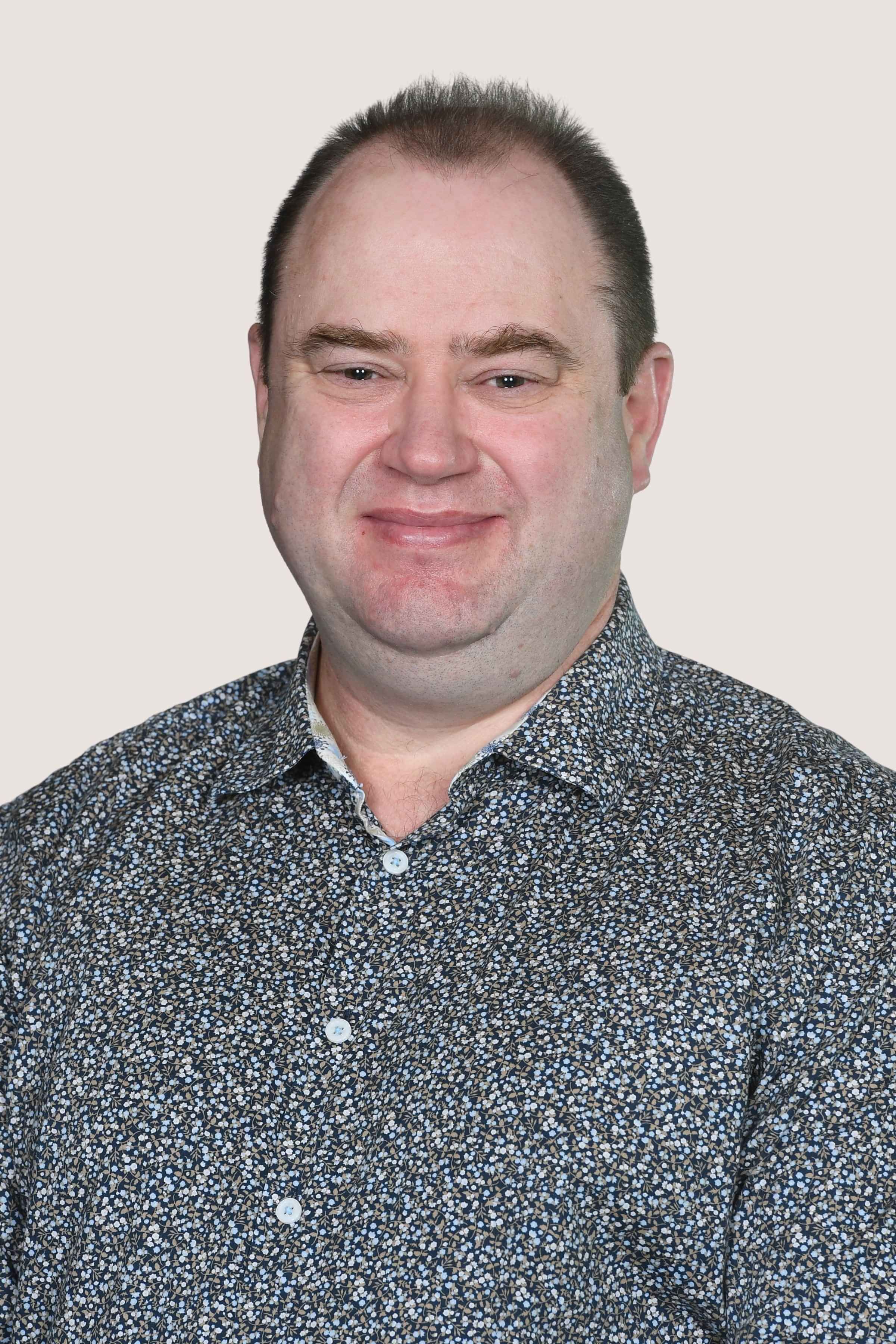
Friday April 11th, 2025 - Professor Michael Cameron - The Sobering Economics of Alcohol
Michael Cameron is Professor of Economics in the School of Accounting, Finance and Economics at the University of Waikato.
He is also a Research Associate in Te Ngira - Institute for Population Research. Michael's research interests are broad across population, health and development issues, including the social impacts of alcohol outlet density, the measurement of population ageing, migration, population modelling and stochastic modelling, financial literacy and economics education
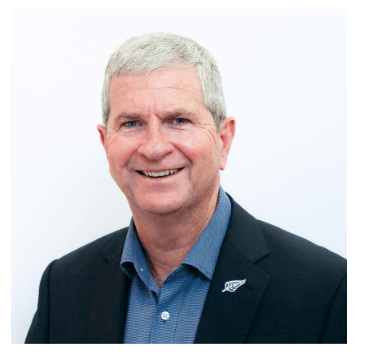
Friday March 14th, 2025 - Brigadier Jon Broadley - New Zealand Defence Force operations within the current complex global security environment
Please note, John's lecture will begin right away as he has to leave the meeting early for another commitment, the U3A updates will be carried out after his talk.
Jon is a Business Advisor with Strategy+ Ltd offering business assistance particularly strategic and business planning, mentoring and coaching and a range of other services that aid Business Owners, Board Directors/Trustees, CEOs and Senior Leadership Teams with leading their businesses.
Jon commenced his working life in 1983, following a ‘gap year’ at the University of Auckland, by joining the NZ Army – Ngati Tumatauenga. He attended the Officer Cadet Training Unit at Waiouru for 12 months and in December of that year he graduated into the Royal New Zealand Corps of Transport as a young officer.
Jon held many regimental and other appointments throughout his full-time military career leading from 30 to 470 servicemen, servicewomen and civilians in various roles primarily in logistics organisations providing transport, catering, repair, supply and movement co-ordination services.
He also deployed on operational peacekeeping tours to the Middle East, to the Former Republic of Yugoslavia and to East Timor, where he was in charge of the logistic support operations.
For his work during the deployment to Yugoslavia he was made an Ordinary Member of the Order of the British Empire (MBE) in the 1996 New Year’s Honours.
Jon also spent a year each in the United Kingdom in 1992 and Australia in 1996 undergoing academic study in strategic and military operational studies. These studies earned him a Post Graduate Diploma in Transportation Planning and Management through Cranfield University and a Master of Business Administration through the University of Southern Queensland respectively. In 2004, after 22 years of fulltime military service,
Jon transferred to the part-time Territorial Force Army Reserve and re-located to Cambridge so that he and his family could be closer to aging parents in Auckland.
In early 2005 Jon took up fulltime employment with SKF NZ Limited as Manager Operations, SKF Reliability Systems in Hamilton. He helped the Company become profitable through sourcing new work and empowering the middle ranking engineers to manage their sections in a more business-like manner. In mid-2007, Jon started a new Business Advisory practice within Shannon Wrigley & Co Ltd (Chartered Accountants) [now accounted4 Ltd] in Cambridge, where, over a period of 8 years, he worked with a range of clients from government departments to building construction companies to charitable trust rest homes.
Included within this work was acting as the Programme Director Temporary Housing, Department of Building & Housing Wellington to deliver temporary housing for displaced Canterbury families post the 2011 Canterbury Earthquake and Programme
Director Joint Enablers for the Headquarters New Zealand Defence Force (NZDF) Wellington in 2012-13. In September 2015
Jon left accounted4 to start up his own company, Strategy+ Ltd, due to his increasing military responsibilities as a Brigadier in the NZDF.
In his last military role as the Director General Reserve Forces & Youth Development, Jon was responsible for championing Reserve Policy and supporting the running of a number of Government schemes.
Specifically, these were the Ministry of Education’s 29 Service Academy programmes in secondary schools and the Ministry of Social Development’s six-week military residential Limited Service Volunteer programme for up to 1,500 long-term unemployed 18-24 year olds per annum (many of whom were Māori and Pacifica).
His Team also provided support to 403 Cadet Officers and over 3000 13– 17-year old cadets in 100 community-owned units across the country. Jon completed this role in July 2016 and resumed a full-time role in his business advisory company – Strategy + Ltd.
Jon remains a Brigadier in the NZDF and is the current Colonel Commandant (Patron) of the Royal New Zealand Army Logistic Regiment.
He is also the Vice President of the Cambridge Returned and Services Association and Patron of the Waikato Mounted Rifles Association, Hamilton City Cadet Unit and Royal Army Service Corps Royal NZ Corps of Transport-Royal NZ Army Logistic Regiment Association.
After 37+ years Jon is still married to his very understanding wife, Janet and they have two daughters, Greer and Kate. He enjoys reading and all sports, particularly golf.
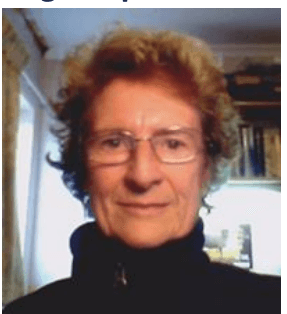
Friday February 14th, 2025 - Dr Mary McIntyre - Possum & rat eradications (“Predator Free 2050”) …. good for us too!
Dr McIntyre is a (mostly) retired scientist with a background in ecology and entomology and some microbiology (environment, bugs & germs).
She has done research and run graduate programmes in conservation in the Department of Biological Sciences at Victoria University and Environmental Health in the Department of Public Health at the University of Otago campus in Newtown, with which she has a continued affiliation.
Her talk will combine perspectives from both fields which are partly unique to New Zealand, but also reflect some of what is becoming a global issue of emerging and re-emerging environmental and wildlife diseases in humans.
Predator Free 2050 Limited is a Crown-owned, charitable company established to help deliver the New Zealand Government’s goal of eradicating possums, stoats and rats by 2050.
This initiative has not been promoted as bringing benefits to human health but there will be considerable reduction of risk for local transmission of some diseases if this can be, at least in greater part, achieved. The Covid pandemic greatly increased public awareness of such issues, which will be exacerbated by the combination of ecological disruption and warming climate.
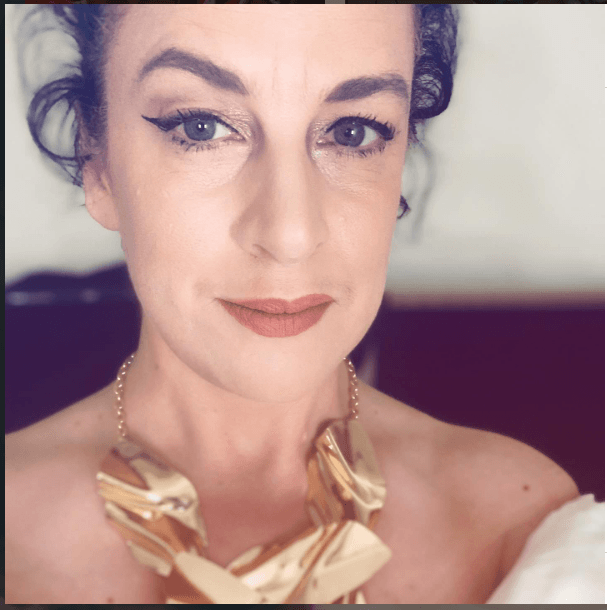
Friday December 13th, 2024 - Madeleine Pierard - Dame Malvina Major Chair in Opera/Director of Te Pae Kokako - The Aotearoa New Zealand Opera Studio (TANZOS)
Te Pae Kōkako - The Aotearoa New Zealand Opera Studio (TANZOS) is a 12-18 month immersive programme which provides full-time training at an international level for exceptionally promising opera singers, regardless of circumstances. Each place is funded by a donor-gifted scholarship.
Our students receive coaching from national and international guest tutors and engage in professional residencies with companies in New Zealand and abroad, including an annual two-week residency with Opera Australia.
It is the only programme of its kind in Aotearoa New Zealand and open to a maximum of six singers per year. TANZOS encompasses all the necessary elements required to give singers the best possible start on the global opera stage.
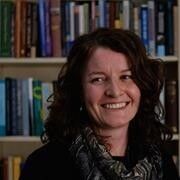
Friday November 8th, 2024 - Dr Marnie Lloydd - Armed Conflict, the International Red Cross and Humanitarian Dilemmas: My Experiences
What role is there for law in the pain and madness of wars? What role is there for a neutral humanitarian organisation in the face of the dire protection needs of civilians? What is it like to be a New Zealander discussing such issues with the affected populations and the warring parties in countries like Afghanistan, Sri Lanka or the DRC?
Dr Marnie Lloydd specialises in international law related to armed conflict, forced migration, counterterrorism and foreign fighting, human rights and humanitarian law and policy.
Marnie’s current academic role at Te Herenga Waka | Victoria University of Wellington, builds on her extensive prior experience as a Delegate and Legal Adviser with the International Committee of the Red Cross (ICRC), representing the ICRC in Ethiopia, Sri Lanka, Chad, Afghanistan and the Democratic Republic of Congo, as well as at the Geneva headquarters where she advised on international law and institutional humanitarian policy in support of the ICRC's activities in the Middle East.
Marnie has taught and spoken on issues of international humanitarian law and the humanitarian sector, foreign fighting, arms control and humanitarian affairs with diverse audiences around the world, including UN staff, diplomats, military legal advisers, and non-state armed groups. In 2022, she was awarded VUW's student association's supreme award of 'Lecturer of the Year' for her teaching. Marnie was also recognised as a Women Leader in Law by the Borrin Foundation in 2022, and has been selected as a Global Scholar with Harvard Law School's Institute of Global Law and Policy in 2018 & 2022. In addition to her teaching and research, she engages actively with Government, media and civil society. She is Associate-Director of the New Zealand Centre for Public Law and serves on NZ's IHL Committee, NZ’s Inter-governmental Working Group on Lethal Autonomous Weapons, and as Co-Chair of ANZSIL's International Peace & Security Interest Group.
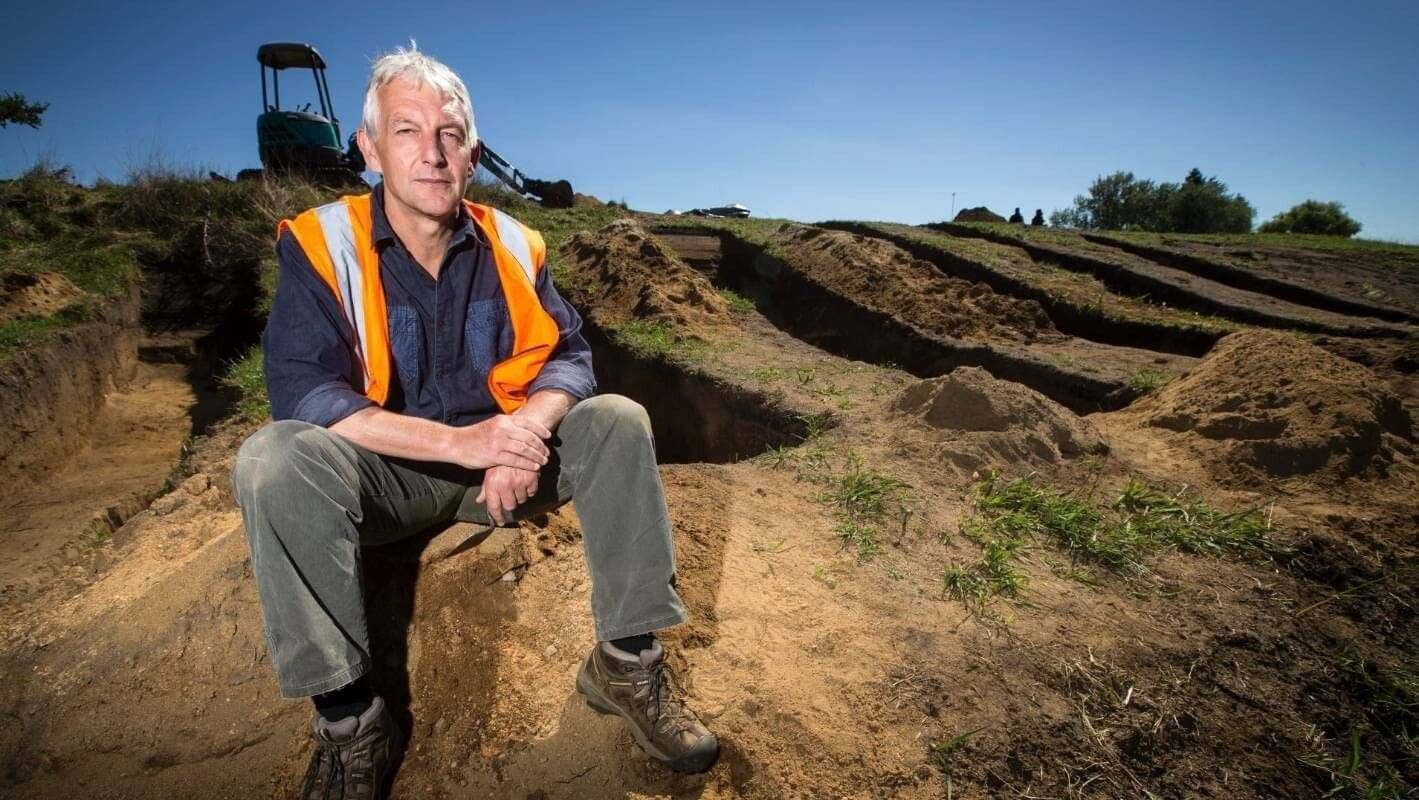
Friday October 25th, 2024 - SPECIAL PARTNERSHIP HISTORY LECTURE - Dr Warren Gumbley - Archaeologist - The Waikato Horticultural Complex: Adaptation of Polynesian agronomy to a temperate environment
Warren Gumbley has worked as an archaeologist for over 40 years and has a Ph.D. from the Australian National University. His principal areas of research interest are: The adaptation of Polynesian horticulture to Aotearoa/New Zealand, the development of pā, the archaeology of mission stations, and the archaeology of the Waikato Land War of 1863-1864.
“Archaeology deals with the physical remains of what people have been doing, and often that’s associated with day-to-day activities: how people made a living, how they grew their crops, how they fished for eel, how they went about processing their food to eat and storing it, and what sort of houses they lived in,” said Warren.
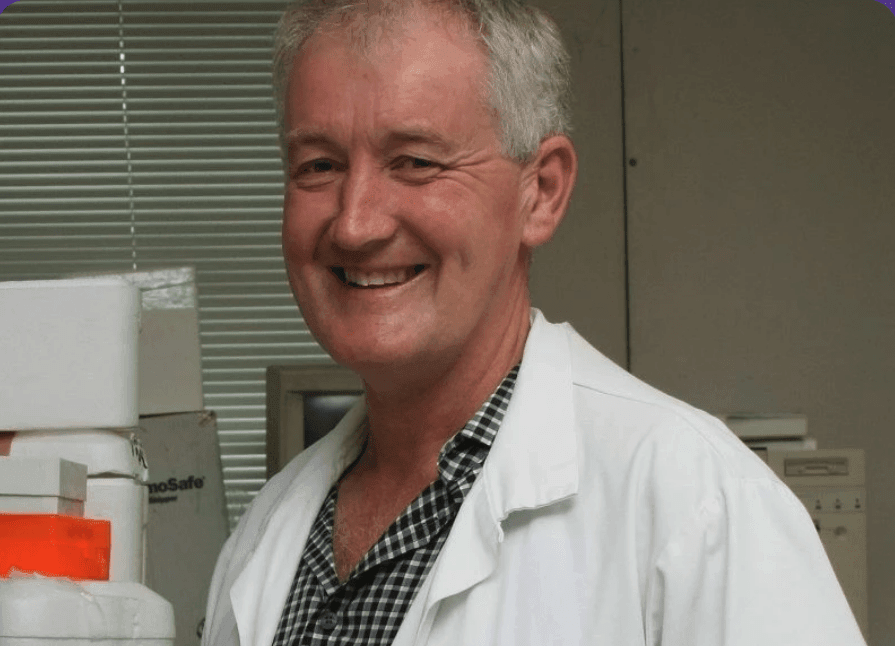
Friday October 11th, 2024 - Professor Russell Snell - Centre for Brain Research - Alzheimers and Huntington's Diseases
Professor Russell Snell was Born in Fielding and raised in South Otago. He studied Physics at Otago and completed a PhD in Genetics in Cardiff Wales in 1993. His research interest is in identifying the genetic basis of disease and also the use of genetics for improving New Zealand’s economy through cow and goat milk production. Russell has a diverse range of research areas but they have a single underlying theme of utilising genetic tools including whole genome sequencing to identify disease mechanism and the development of therapies.
An area of focus has been the long term project with the Minds For Minds group including Dr Jessie Jacobsen and Prof Klaus Lehnert discovering genes and mutations in people with Autism and other neurodevelopmental disorders. This project has been very successful with many families benefiting from a definitive diagnoses and personal explanation for the cause of the condition.
Fragile X is a very common condition that often has autism as a co-occurring characteristic. The Cure Kids funding for Russell’s group is for the making of a sheep model of Fragile X to facilitate the testing of therapies. Russell has had extensive experience making and utilising sheep models with a unique very successful Huntington’s sheep line being used by many international groups and drug companies for therapeutic testing. The Fragile X sheep line will also be made available to the large number of investigators working on potential therapies. This work will bridge the gap between testing treatments in mouse studies which unfortunately have not translated into a successful therapies and trials in people with the condition. The Cure Kids funding will establish the line and subsequent funding will be sought with international collaborators to advance the use of the animals.
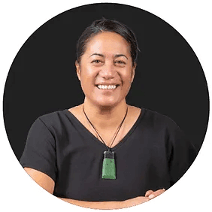
Friday September 13th, 2024 -Eileen Bowden - The Importance of Cultural Diversity and Core Values in Business Success.
Ko Tongariro te Maunga
Ko Taupō te Moana
Ko Waikato te Awa
Ko te Arawa te Waka
Ko Ngati Tūwharetoa, Ngai te Ranginui, Raukawa ki Waikato oku iwi
Ko Eileen Bowden toku ingoa
Eileen serves as the Kaihautū (Cultural Advisor) for Miraka, a Māori-owned dairy manufacturer established in 2010, nestled in the heart of the Mokai Valley, 31km northwest of Taupō. Miraka stands as a pioneer, being the first in the world to utilize geothermal renewable energy in the manufacture of their products, exporting to over 22 countries globally.
Since the inception of Miraka, Eileen has held various roles withing the organization, ranging from administration, accounts, on-farm relations, events management, and cultural affairs. She is a member of the Executive team for Miraka.
Throughout the company’s evolution, one fundamental aspect has remained steadfast:
A commitment to respecting cultural diversity and upholding the core values established by its shareholders.
“We may come from diverse backgrounds and perspectives, but we all share common goals and purposes; we simply have different ways of doing business. For Miraka, this is not merely a transformative change; rather, we have cultivated a mindset that respects and embraces what sets a business apart. This inherent affirmation positions us as a world-leading example for other New Zealand businesses.”
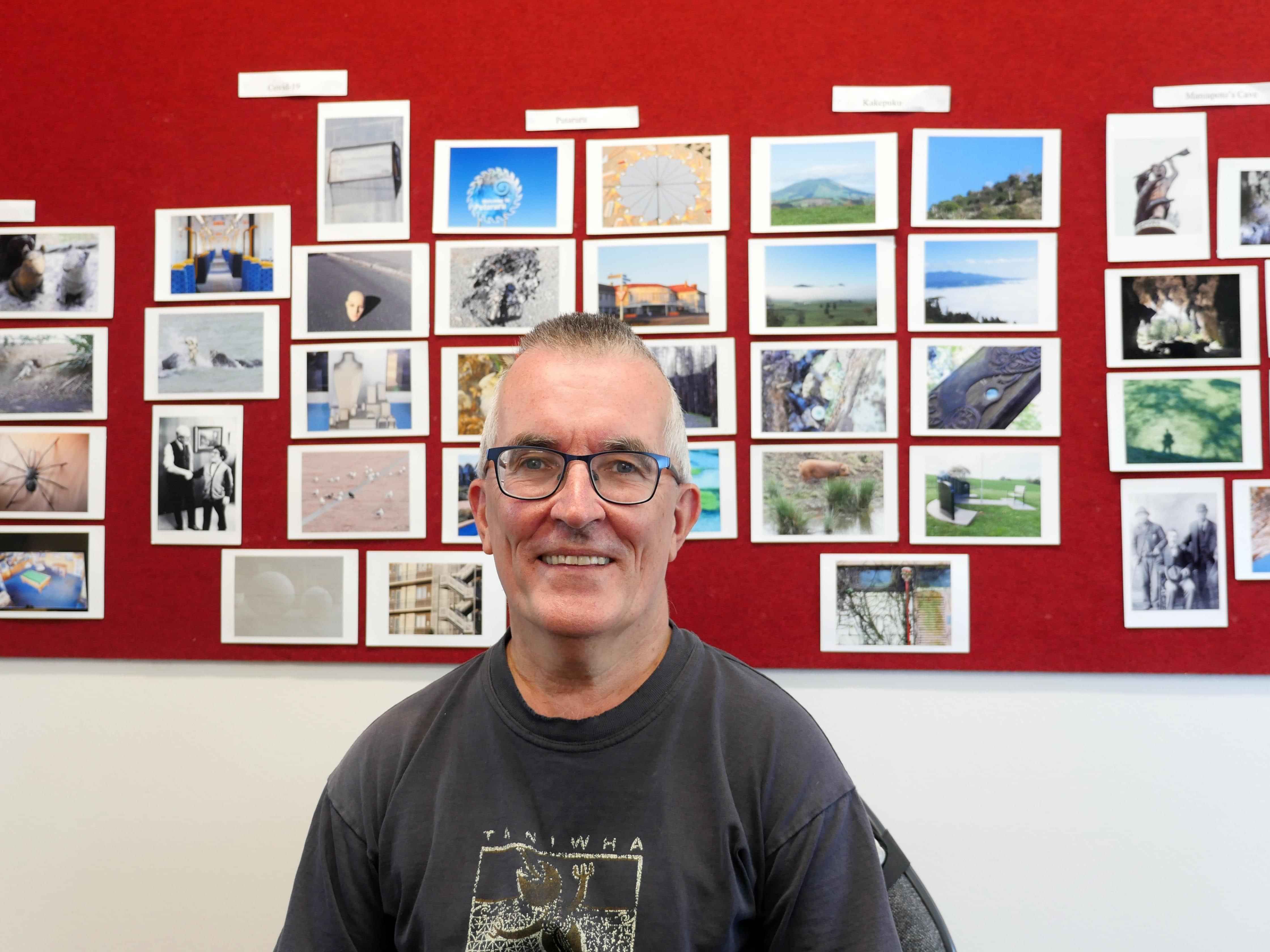
Friday August 23rd, 2024 - SPECIAL PARTNERSHIP HISTORY LECTURE - Richard von Sturmer - Walking with Rocks - Dreaming with Rivers - My Year in the Waikato
Richard von Sturmer is a New Zealand writer. He was born on Auckland’s North Shore in 1957. His recent books are the acclaimed memoir, This Explains Everything (Atuanui Press, 2016), Postcard Stories (Titus Books, 2019), Resonating Distances (Titus Books, 2022) and the recently published Walking with Rocks, Dreaming with Rivers: My Year in the Waikato (Titus Books, 2023). He is well-known for writing the lyrics of ‘There is No Depression in New Zealand,’ which has become the country’s alternate national anthem.
In 2020 he was the University of Waikato’s writer in residence. During his residency he explored the Waikato region, writing on its towns and geographic features. The result is now a book, Walking with Rocks, Dreaming with Rivers: My Year in the Waikato.
‘This beautiful object, this dream set down on paper, is travel writing regained, and put to rights. The first person invested in it is the reader. You are about to go on a journey. You are in good hands: great travel writing picks you up and swings you along like luggage.’ – Steve Braunias
‘An extraordinary meditation on settings across the Waikato – museums where he’s the only visitor, lifestyle blocks where “you can feel history evaporating,” lakes where the only images reflected are clouds.’ – Tracey Slaughter
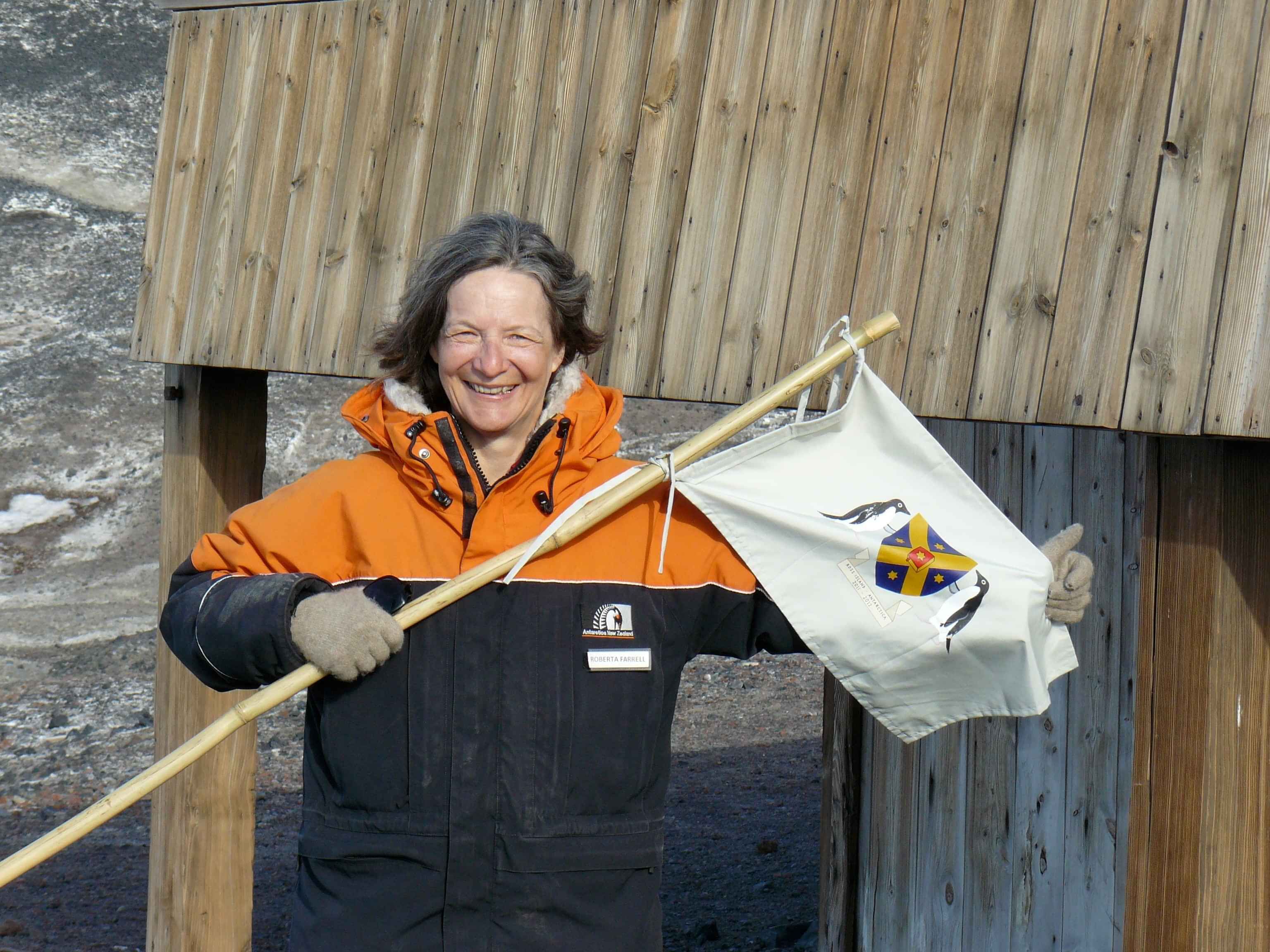
Friday August 9th, 2024 - Emeritus Professor Roberta Farrell - Fire and Ice: Antarctica and Tales of Research from Mount Erebus and the Heroic Era Historic Huts"
Antarctica is the coldest, driest, windiest continent on the planet. It is also, by the Antarctic Treaty, a continent dedicated to peace and science. The talk will discuss Antarctica, and will also include anecdotes and descriptions of the research studies from the past 43 years, starting with Emeritus Professor Roy Daniel’s first visit to Mount Erebus in 1980 to the current research of Emeritus Professor Roberta Farrell, evaluating the deterioration of the historic huts of the Heroic Period of exploration in Antarctica.
The Historic Huts of the Heroic Period (British National Antarctic Expedition (1901-04) and Terra Nova British Antarctic Expedition (1910-13) led by Robert F. Scott; British Antarctic Expedition led by Ernest Shackleton (1907-09)) in the Ross Dependency are a legacy of human exploration. Although all three expeditions had primary goals to discover new land and be first at the South Pole, they also had important scientific objectives.
Each of the expeditions had one or more biologist, geologist, meteorologist and physicist to carry out the scientific programs. When the expeditions ended and relief ships arrived, a rapid exodus allowed only essential items to be returned to England. The huts and thousands of items were left behind, including food stores and fuel depots with unused containers of petroleum products. The extreme polar environment has protected them from rapid decay but not from significant deterioration, both biological and non-biological.
Emeritus Professor Roberta L Farrell of University of Waikato and colleagues from New Zealand, USA, Hong Kong, South Africa, United Kingdom, have been studying the Huts since 1997, with their principal goal to identify cause(s) of the deterioration of the historic huts of the Heroic Period and obtain a better understanding of the unique degradation processes responsible for the deterioration. This basic information is essential if conservation plans for the long-term preservation of the buildings, and other artefacts, are to be successful. The research led to the ‘hunt for fungi’ in pristine areas of Antarctica, with surprising results
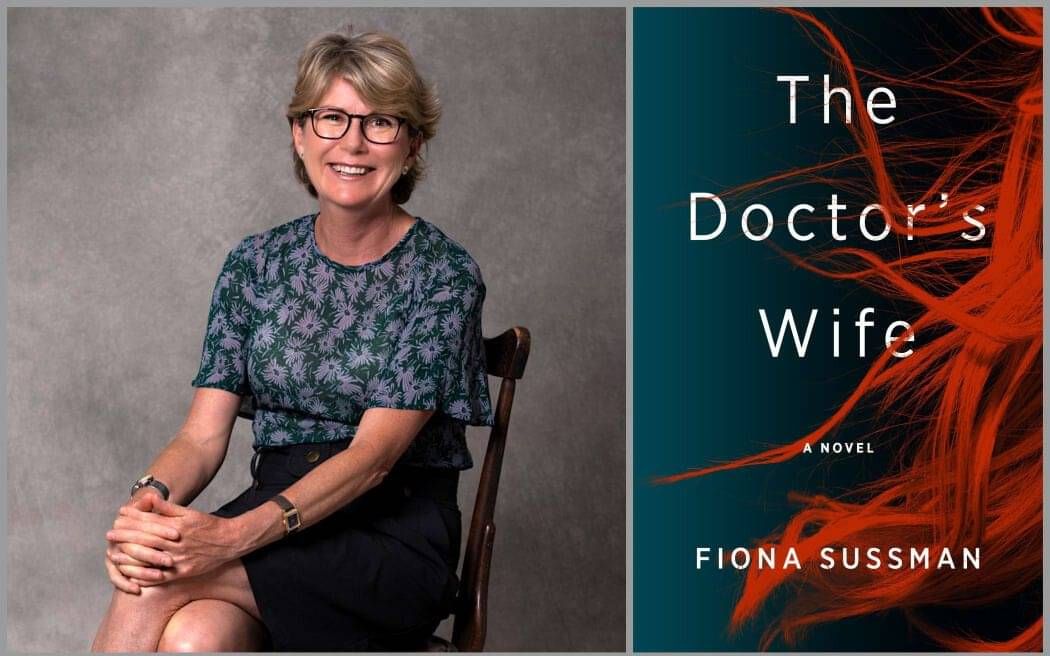
Friday July 12th, 2024 - Fiona Sussman - Award Winning New Zealand Fiction writer
Growing up in a publisher's home in South Africa meant that I fell in love with language and the written word at an early age. Our house was always filled with manuscripts, books and colourful authors. This was during the apartheid era, and witnessing the brutal regime at work sensitised me to the issues of injustice and racial prejudice – experiences which would inform much of my early writing.
After school, I completed a BA in English Literature at the University of the Witwatersrand; however, the untimely death of my father from a terminal illness saw me change direction and pursue a career in medicine.
In 1989 I emigrated from South Africa to New Zealand, where I completed my medical degree and went on to work as a family doctor.
While I found practising medicine immensely satisfying, I still hankered after the literary world of my childhood. Finally, the call to write became too great. I hung up my stethoscope, returned to university to do a Master of Creative Writing and began to write in earnest.
Most of my days are spent writing, mentoring new writers and speaking at events. I have also been involved, alongside my husband, in establishing a charitable surgical service in Auckland to assist those who have fallen between the cracks in our health system.
Learn more about Fiona by clicking here.
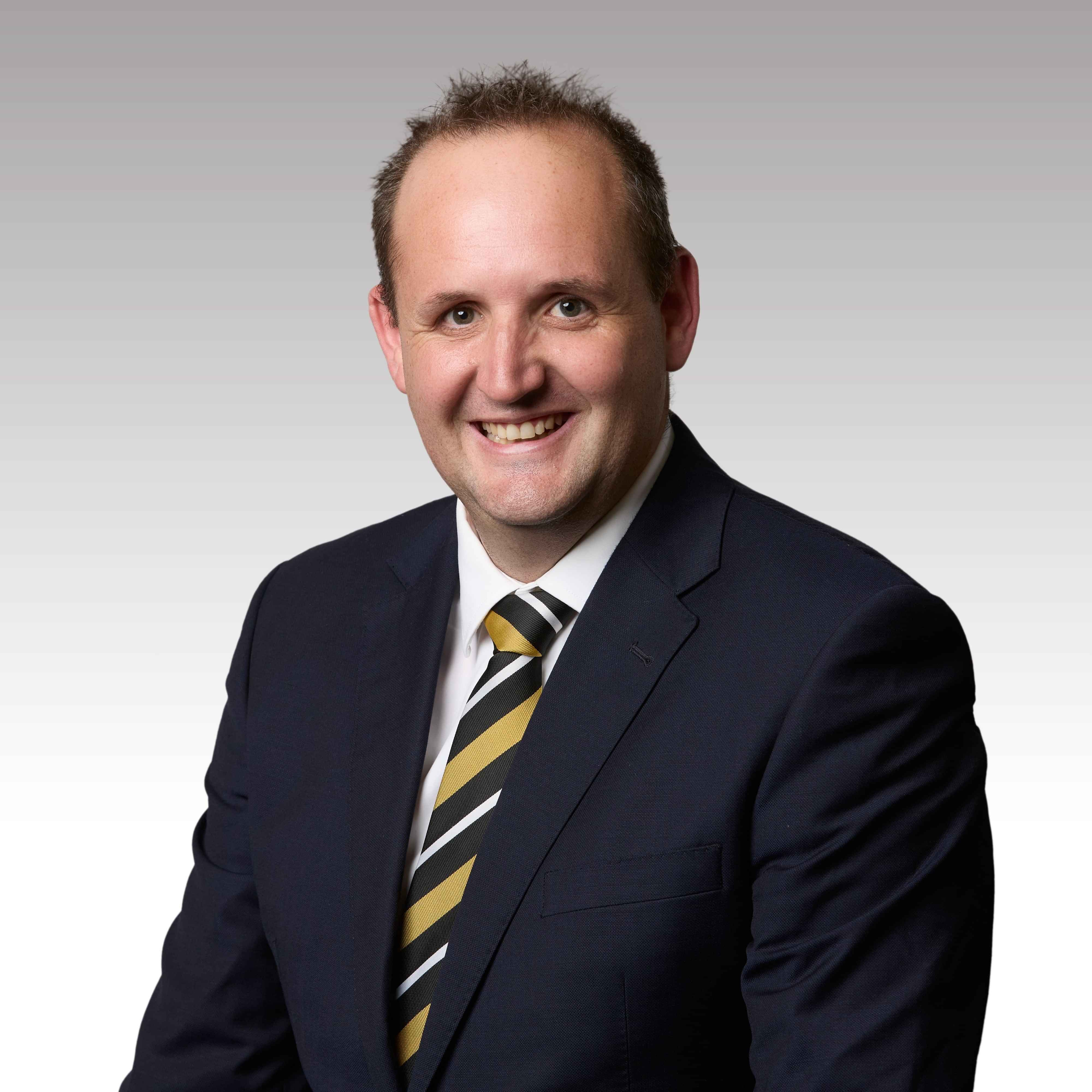
Friday June 14th, 2024 -Ben Skeen -There still is hope – educating youth for a bright future
Ben joined St Paul’s Collegiate School as Headmaster in May 2021 from Auckland Grammar School. Educated at St Peter’s College in Auckland, Ben graduated with a Bachelor of Commerce majoring in HR and Economics and a Bachelor of Arts majoring in NZ History with a minor in Political Studies, along with a graduate diploma in teaching from the University of Auckland.
He held a variety of leadership and management positions at Auckland Grammar, including Associate Headmaster, Associate Dean, Dean, Assistant Boarding Housemaster, and Master in Charge of Student Leadership Programmes. He was awarded a Woolf Fisher Fellowship for excellence in education and leadership. In 2009, he initiated and led a flagship programme – a month-long biennial service programme for Auckland Grammar students.
He was a teacher of history and social studies. Master in Charge of rugby for five years and Assistant Coach of Auckland Grammar First XV rugby team for eight seasons. Outside of work, Ben was contracted to NZ Rugby’s high-performance match official squad, where for 12 of his 15 years with the squad, he provided refereeing services to World Rugby. After officiating 70 test matches and travelling the world numerous times, Ben retired from refereeing at the end of 2019.

Friday August 22nd, 2025 - SPECIAL PARTNERSHIP HISTORY LECTURE - Craig Hoyle - Excommunicated: Two centuries of complicated family history
Craig Hoyle was born in Kirikiriroa Hamilton into the Exclusive Brethren, an isolationist sect that shuns social contact with the outside world. After facing interrogations and conversion therapy for his sexuality, Craig was excommunicated from the Brethren and lost his family in 2009.
Today he is chief news director for the Sunday Star-Times. His book, Excommunicated, is a multigenerational memoir tracing 200 years of his family’s history, using letters, records and interviews to explore how his forebears became associated with the Brethren movement, and the subsequent impact over seven generations. Craig lives in Tāmaki Makaurau Auckland.

Friday August 22nd, 2025 - SPECIAL PARTNERSHIP HISTORY LECTURE - Craig Hoyle - Excommunicated: Two centuries of complicated family history
Craig Hoyle was born in Kirikiriroa Hamilton into the Exclusive Brethren, an isolationist sect that shuns social contact with the outside world. After facing interrogations and conversion therapy for his sexuality, Craig was excommunicated from the Brethren and lost his family in 2009.
Today he is chief news director for the Sunday Star-Times. His book, Excommunicated, is a multigenerational memoir tracing 200 years of his family’s history, using letters, records and interviews to explore how his forebears became associated with the Brethren movement, and the subsequent impact over seven generations. Craig lives in Tāmaki Makaurau Auckland.
